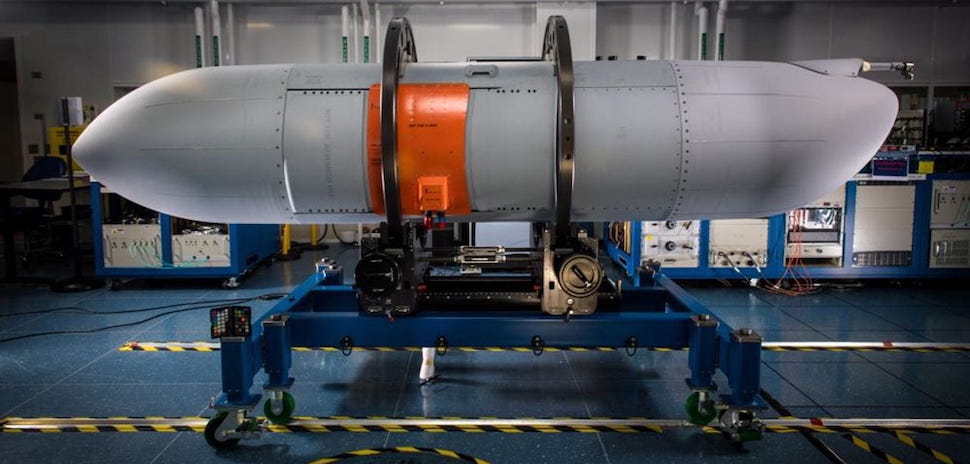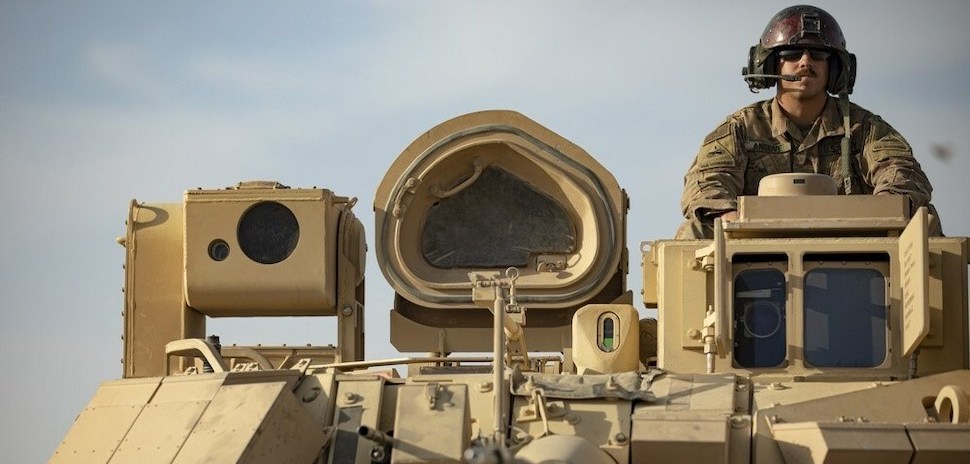When a country attacks an adversary, electronically blinding the enemy via jamming can be just as important as the weapon system carrying out the mission. And it shouldn’t surprise you that in the 21st century, jamming technology needs to be constantly updated.
That’s why Raytheon, an RTX (NYSE: RTX) business, has been awarded a $192 million contract from the U.S. Navy to develop the Next Generation Jammer Mid-Band Expansion (NGJ-MBX). That new technology is an upgrade to the current Next Generation Jammer Mid-Band (NGJ-MB) system, also developed by Raytheon.
Raytheon has North Texas facilities in McKinney, Richardson, and Dallas. The company said the work on the new jamming system will take place in Dallas; Forest, Michigan; El Segundo, California; and Fort Wayne, Indiana “through 2027.”
An airborne electronic attack system
The Next Generation Jammer is an airborne electronic attack system that consists of two pods containing active electronically scanned arrays that radiate in the mid-band frequency range.
The new modification will extend the frequency range of the NGJ-MB system to counter additional threats, Raytheon said, and provide “additional capabilities to improve operational effectiveness.”
“Offensive Electronic Attack provides a tremendous combat capability supporting strike packages and kinetic weapons across a broad range of missions,” Barbara Borgonovi, president of Naval Power at Raytheon, said in a statement. “With this upgrade, we’ll ensure our naval aviators in all theaters are better prepared to counter new adversary threats and provide greater combat power throughout their missions.”
A collaboration with the Royal Australian Air Force
Raytheon noted that NGJ-MB, to include MBX, is a cooperative development and production program with the Royal Australian Air Force.
The U.S. Navy deploys the NGJ-MB on the two-seat Boeing EA-18G Growler, a carrier-based electronic warfare aircraft, to target advanced electronic warfare threats. The Growler is a specialized iteration of the Boeing F/A-18F Super Hornet.
The system “denies, disrupts, and degrades enemy technology, including communication tools and air-defense systems,” RTX says on its website.
![]()
Get on the list.
Dallas Innovates, every day.
Sign up to keep your eye on what’s new and next in Dallas-Fort Worth, every day.



























